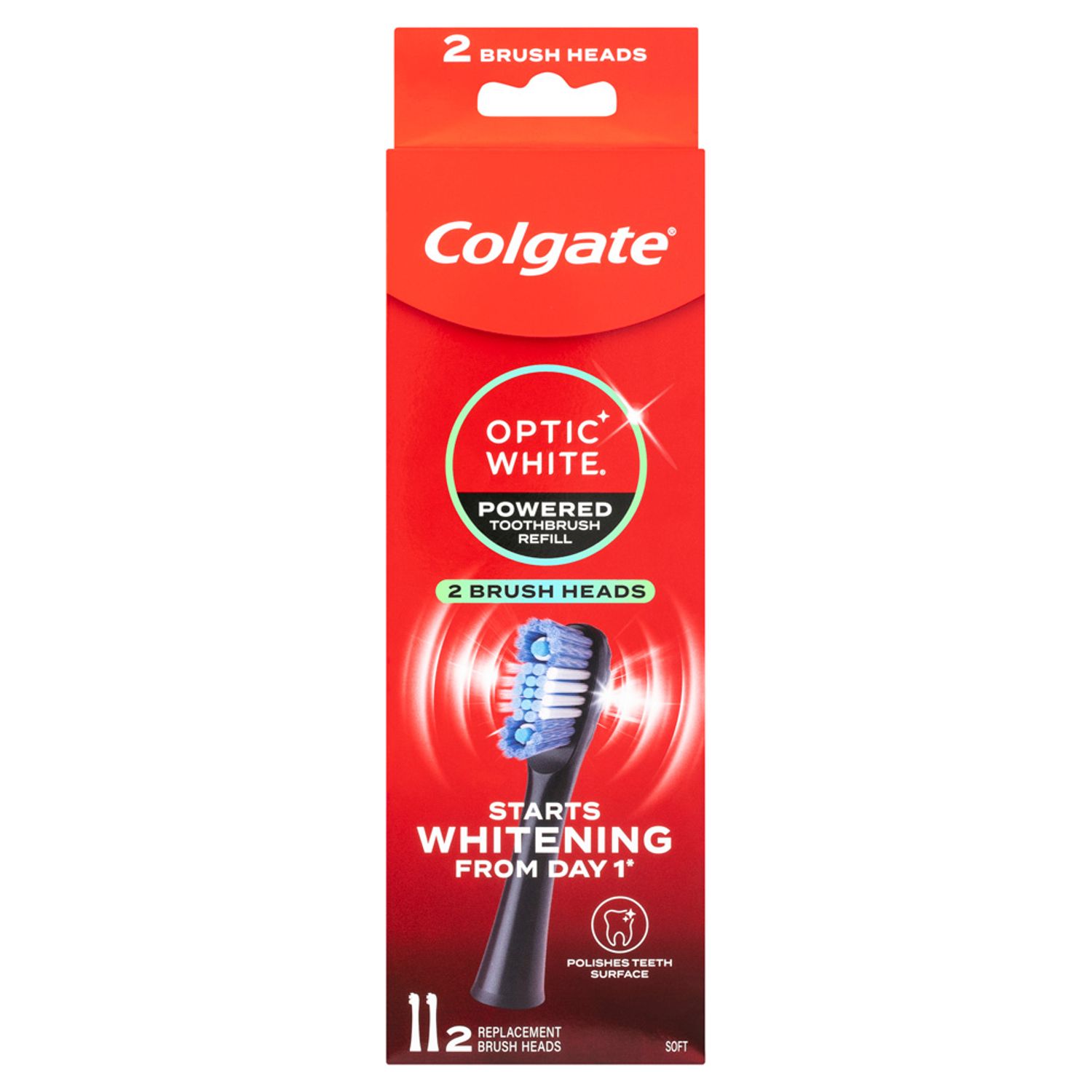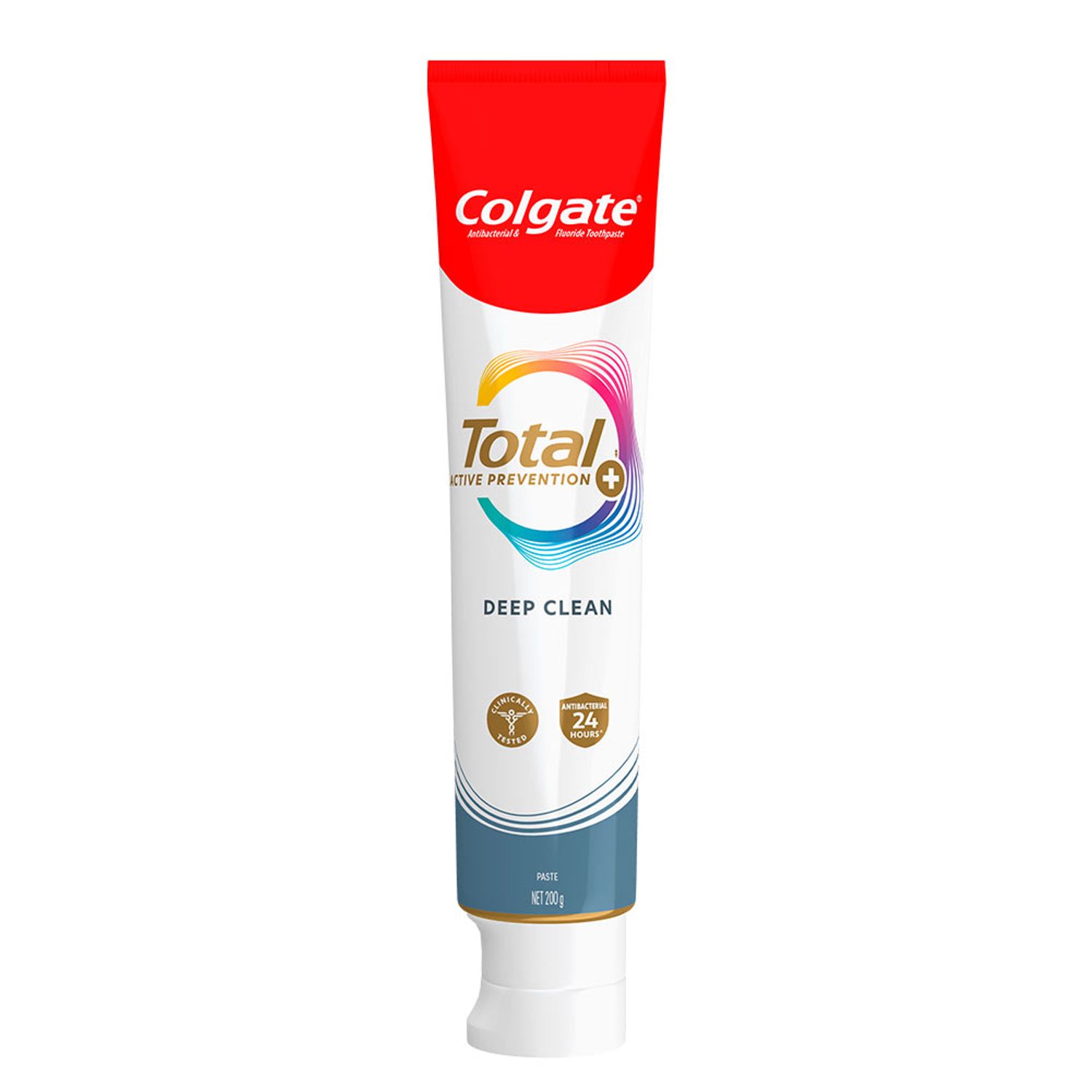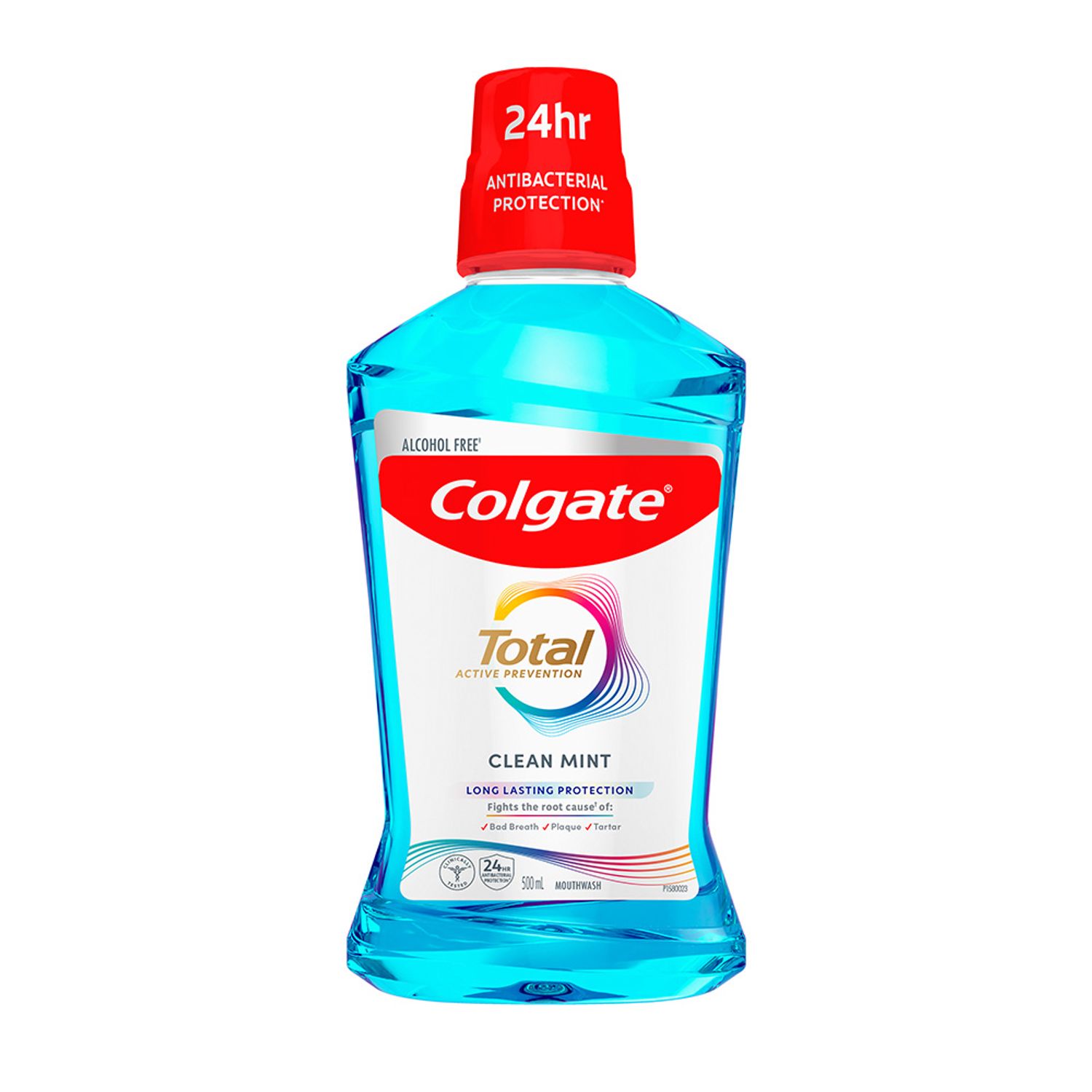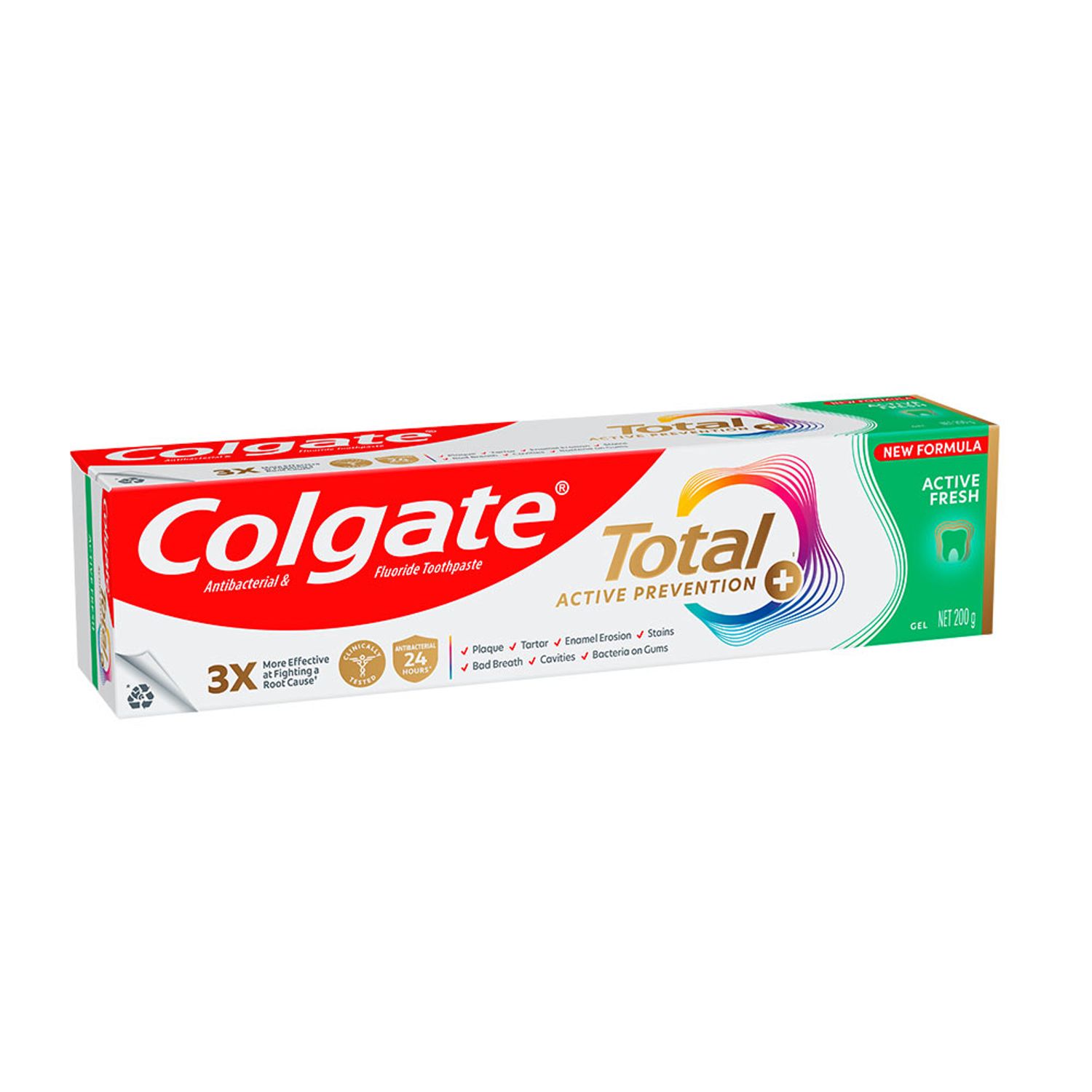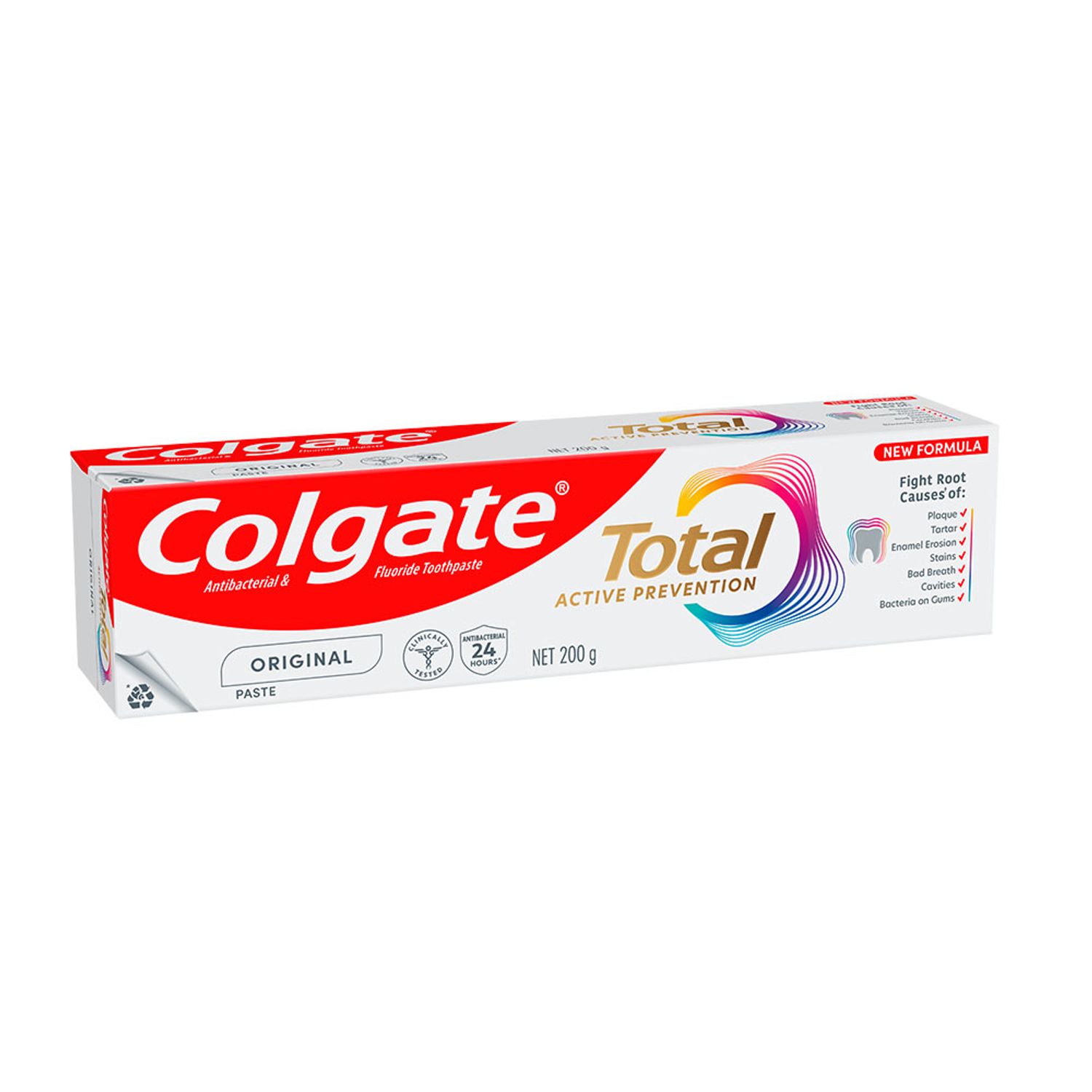-
-

BRUSHING & FLOSSING
How to BrushWhat Is the Right Way to Brush?
Proper brushing takes at least two minutes — that's right, 120 seconds!...

BRUSHING & FLOSSING
How To FlossWhat is the Right Way to Floss?
Proper flossing removes plaque and food particles in places where a toothbrush cannot easily reach... -
Science & Innovation
- Colgate® | Toothpaste, Toothbrushes & Oral Care Resources
- Oral Health
- Can You Go To The Dentist While Pregnant?


There are a couple of dental conditions that can arise during pregnancy.
Enamel Erosion
Morning sickness is a major symptom of pregnancy for many women. Frequent vomiting or reflux introduces stomach acids into the mouth that can erode your teeth. Be sure to rinse your mouth out with water or with a fluoride mouthwash after an acidic episode. It is best to delay brushing your teeth for one hour and to use a toothbrush with extra soft bristles.
Gum Disease
To avoid bleeding gums or other signs of gum disease, teeth and gums need special attention during pregnancy. Regular tooth brushing twice daily with a fluoride toothpaste, flossing once daily and eating a balanced diet will help reduce dental problems that accompany pregnancy.
There is some evidence that women with periodontal disease while pregnant are more at risk of having low birth weight or premature babies, so it is important to take care of your teeth and gums during your pregnancy.
Visiting the Dentist While Pregnant
The second trimester is considered the safest time for both mother and child, for any dental work. During the first and third trimesters of your pregnancy, you should visit the dentist for any urgent dental procedures and always inform the dentist of your pregnancy. If possible, dental X-rays should be avoided throughout the pregnancy.
Related Articles
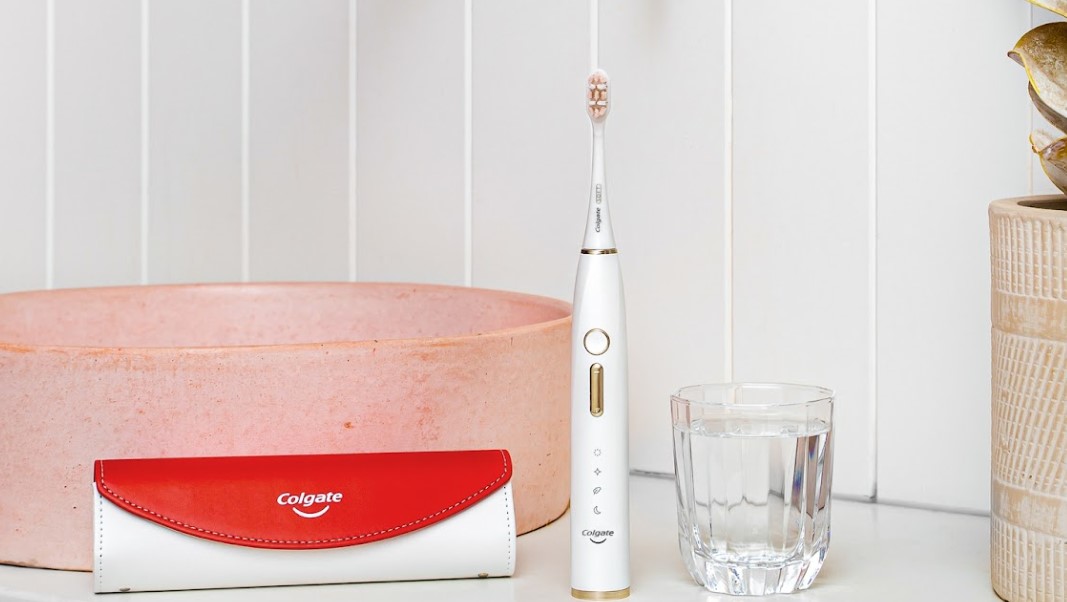
Electric or Manual Toothbrushes, which one is better? Learn their differences, considering their effectiveness in dental health and oral hygiene.

Gingivitis is the first stage of gum disease. Knowing the warning signs can help you treat it quickly and prevent more serious issues. Learn more here.

Electric toothbrushes are a fantastic investment into your oral health, especially if you wear braces. Learn about electric toothbrushes for braces in this guide.
This article is intended to promote understanding of and knowledge about general oral health topics. It is not intended to be a substitute for professional advice, diagnosis or treatment. Always seek the advice of your dentist or other qualified healthcare provider with any questions you may have regarding a medical condition or treatment.
Related Products

Helping dental professionals
More professionals across the world trust Colgate. Find resources, products, and information to give your patients a healthier future

